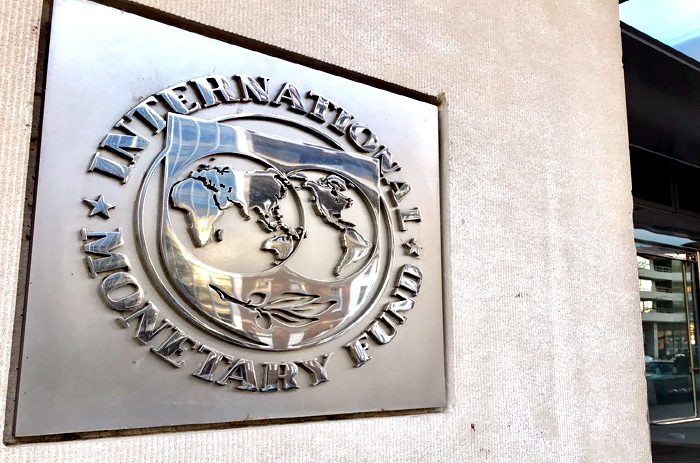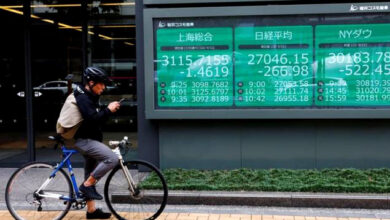Economies in MENA and Central Asia are strong, but global headwinds are coming – IMF

The Middle East and Central Asia have strong economies, and the recovery will continue in 2022. However, the International Monetary Fund said on Monday that the region needs to protect itself from growing global headwinds and move forward with reforms.
While crude exporters are expected to get a windfall of $1 trillion from oil between 2022 and 2026, emerging market and middle-income states are facing a deep terms-of-trade shock and less access to market financing.
IMF Middle East and Central Asia Director Jihad Azour told Reuters before the October report came out that countries should be on high alert because “headwinds are growing and vulnerabilities are growing.” This is because of a slowing global economy, fluctuating food and energy prices, and tightening financial conditions.
He said that the region needed to “act now, act fast, and act in a comprehensive way” on structural reforms and that oil exporters should use this time to build up their buffers.
Related: The head of the IMF thinks that UK Prime Minister Sunak’s government will stick to budget rules.
The cost of living crisis needs to be fixed as soon as possible. This could be done by restoring price stability, protecting vulnerable groups through targeted support, and making sure there is enough food for everyone.
The IMF report said food insecurity and social unrest could happen, especially in 2023, because of higher food prices and more widespread food and energy shortages.
It said that the war in Ukraine had less of an effect on the Caucasus and Central Asia (CCA) than was thought. The economy is expected to slow to 3.8% in 2022, which is better than the 2.6% predicted in April. In 2021, the IMF said that CCA growth would be 5.6%.
This was because Russia’s GDP was changed in a positive way; there were unexpected inflows, such as workers and businesses leaving Russia and sending a lot of money; trade was strong; and countries like Kazakhstan and Tajikistan boosted their economies.
The IMF thought that the economy would grow by 4% in 2023 and then slow to 3.5% over the next few years. The government said that inflation would be 12.9% this year and 10.5% in 2023.
The report said that the war’s effects could hurt the CCA’s efforts to reduce poverty and inequality. “The war could make poverty worse by about 1%, make inequality worse by about 1%, and lower real household consumption by about 2% on average.”
In the Middle East and North Africa, GDP was forecast to grow by 5% this year, up from 4.1% in 2021 and then expected to slow to 3.6% in 2023 due to worsening global conditions.
Inflation was put at 12.1% in 2022 and 11.2% next year.
Higher interest payments and increased reliance on short-term financing in some emerging markets and middle-income countries such as Egypt, Pakistan, and Tunisia were expected to raise public gross financing needs to $550 billion over 2022–23, which is $22 billion above the previous period.





